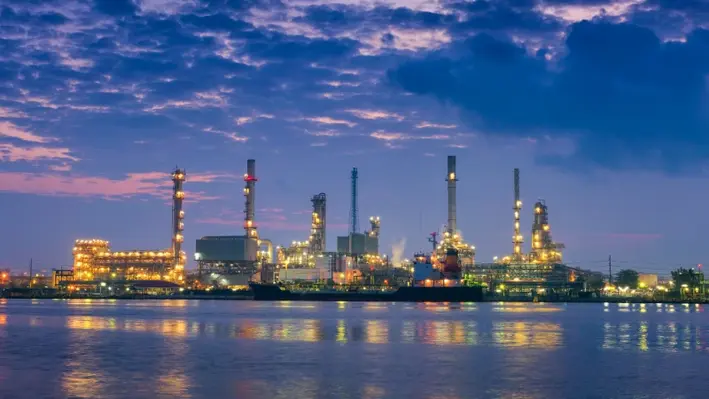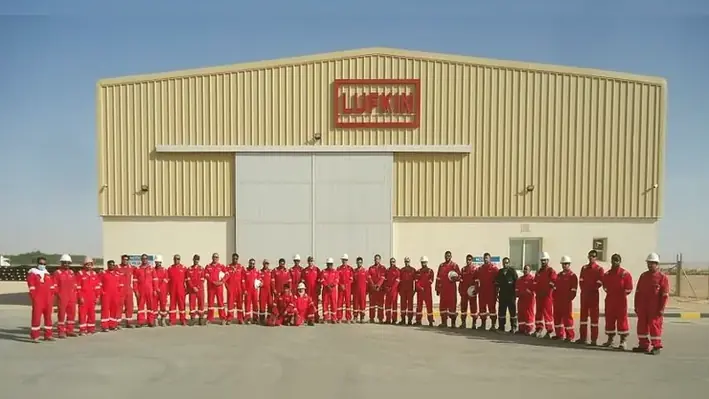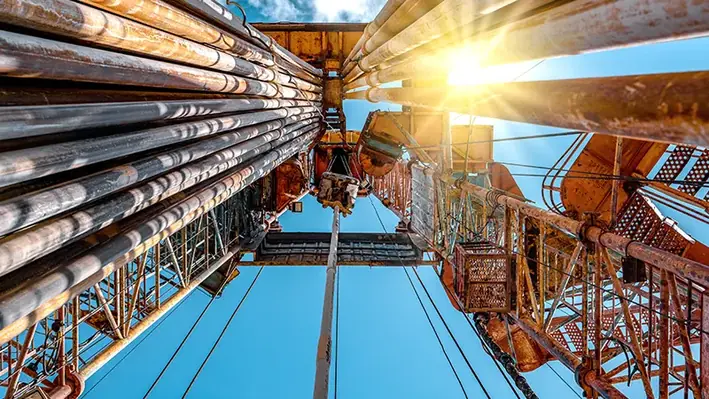
The Middle East, home to vast oil and gas reserves, continues to play a central role in meeting global energy demands. Nations like Saudi Arabia, the UAE, and others remain key players in shaping the global energy landscape. The region’s reliance on fossil fuels, however, faces increasing scrutiny amid the global push for sustainability and net-zero goals.
This dynamic was evident at COP28, where debates centred on reconciling fossil fuel use with climate action. Saudi Arabia, a leading voice in the Organisation of the Petroleum Exporting Countries (OPEC), supported a compromise in the summit's final agreement, advocating for an equitable transition that respects each nation's unique circumstances. This approach aligns with Saudi Arabia's efforts to lead the region in adopting technologies like carbon capture and storage (CCUS) to reduce emissions without abandoning its economic backbone.
Key developments at COP28 included the signing of the Oil and Gas Decarbonisation Charter (OGDC) by 50 companies, including Aramco and ADNOC. The charter commits signatories to lower greenhouse gas emissions, enhance transparency, and phase out routine flaring by 2030. It also promotes investments in low-carbon fuels and negative emissions technologies to address methane emissions effectively.
Growing sustainable practices
“At ADNOC our aim is to reduce the methane intensity from our operated oil and gas assets, at the same time as we meet the forecast growth in energy demand for decades to come. We will do this by making significant investments in new technologies to improve our environmental performance, strengthening our commitment to responsible production and demonstrating our support for the UAE’s Global Methane Pledge,” said Abdulmunim Saif Al Kindy, Executive Director, People, Technology & Corporate Support Directorate at ADNOC.
Methane reduction remains a focal point, with proven measures capable of cutting emissions by over 75%. Saudi Arabia’s Middle East Green Initiative (MGI) aims for a regional emissions reduction of 670 million tonnes of CO2, contributing to national and collective goals. ADNOC, targeting net-zero emissions by 2045, has set a methane intensity reduction target of 0.15% by 2025—the region's lowest. It employs advanced methods such as flare gas recovery, infrared leak detection, and drone-mounted sensors to curb methane emissions.
Emerging technologies also play a crucial role. Well integrity issues, a significant source of methane leaks, are addressed with solutions like metal expandable packers (MEP) by Welltec. Successful trials in ADNOC’s Bab field have demonstrated MEP’s efficacy in preventing methane leakage, underscoring the industry's shift toward sustainable practices.




